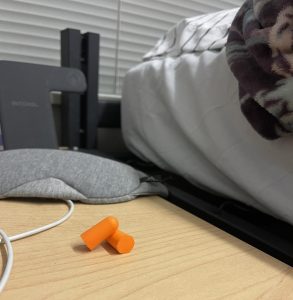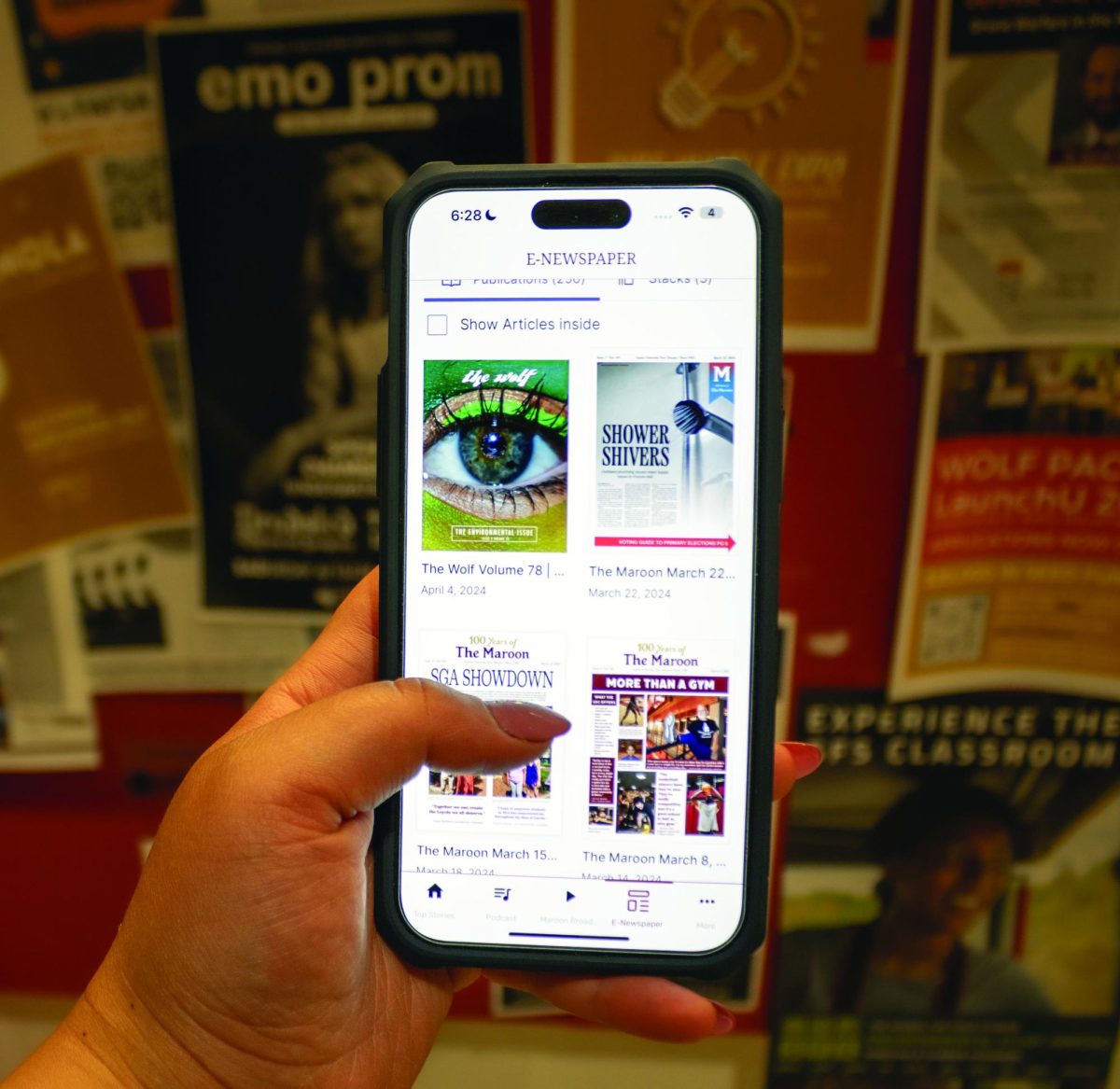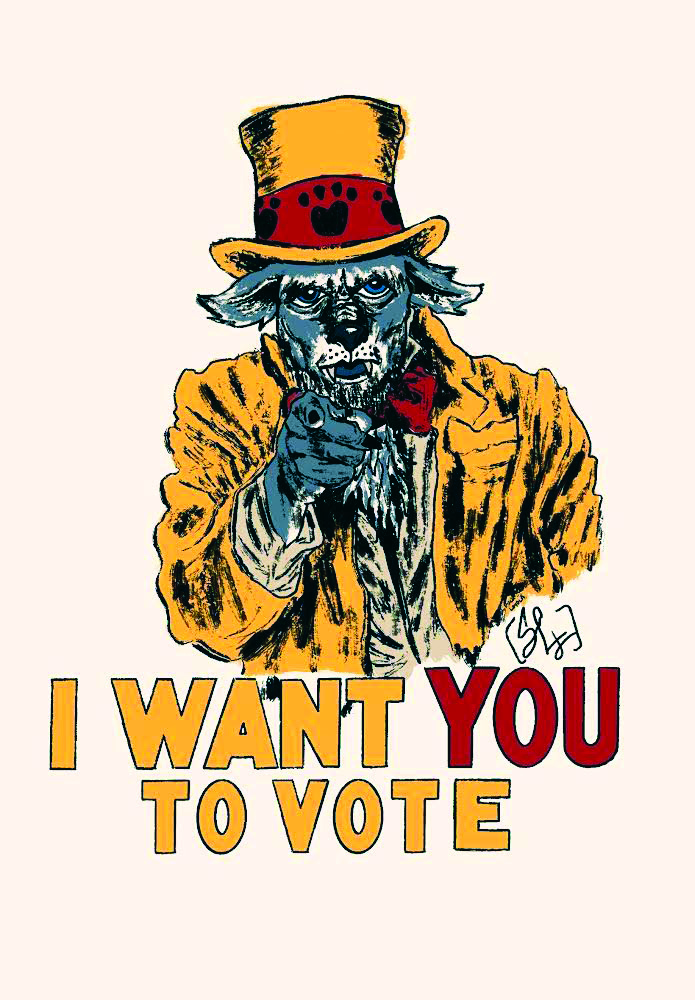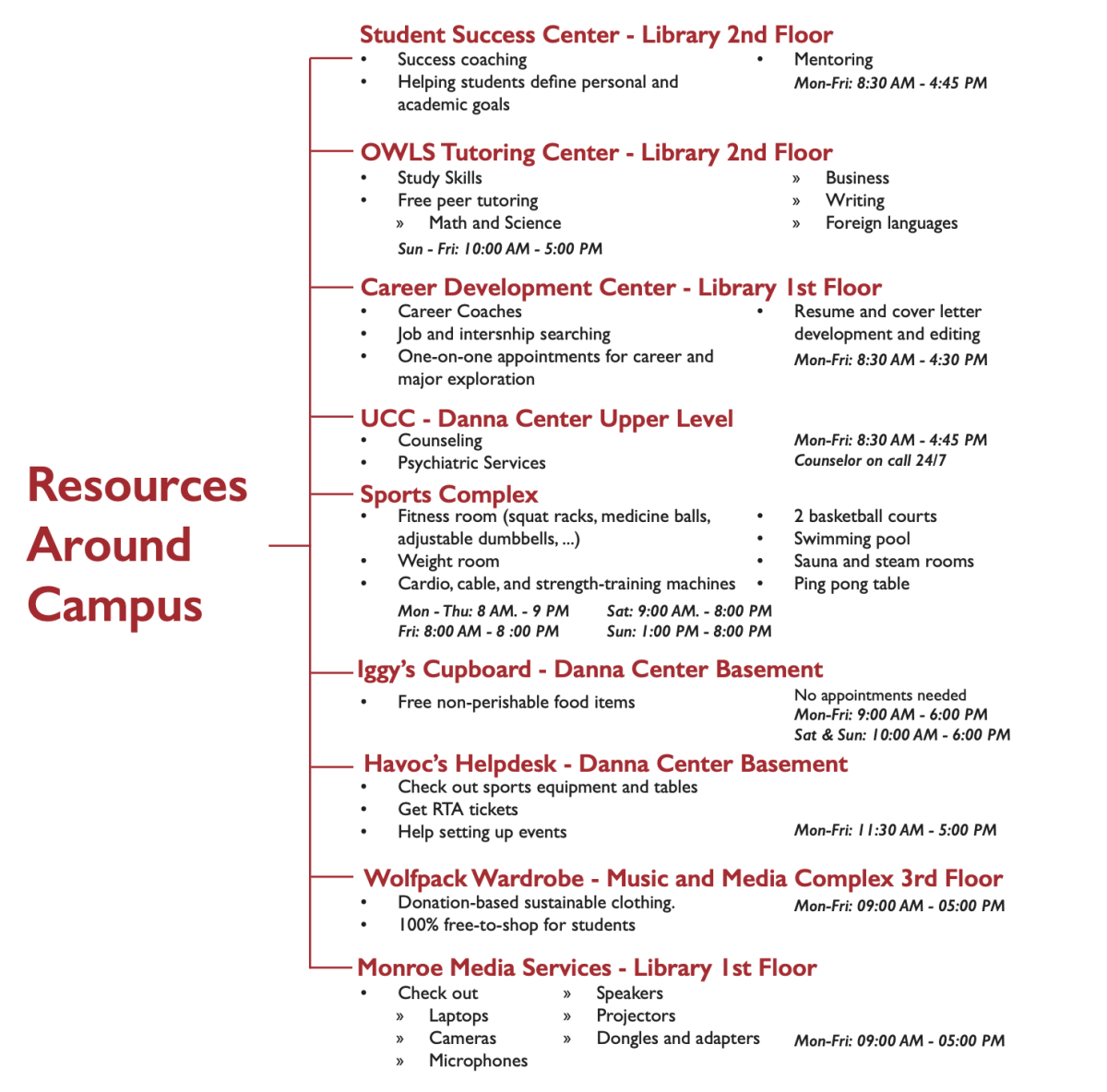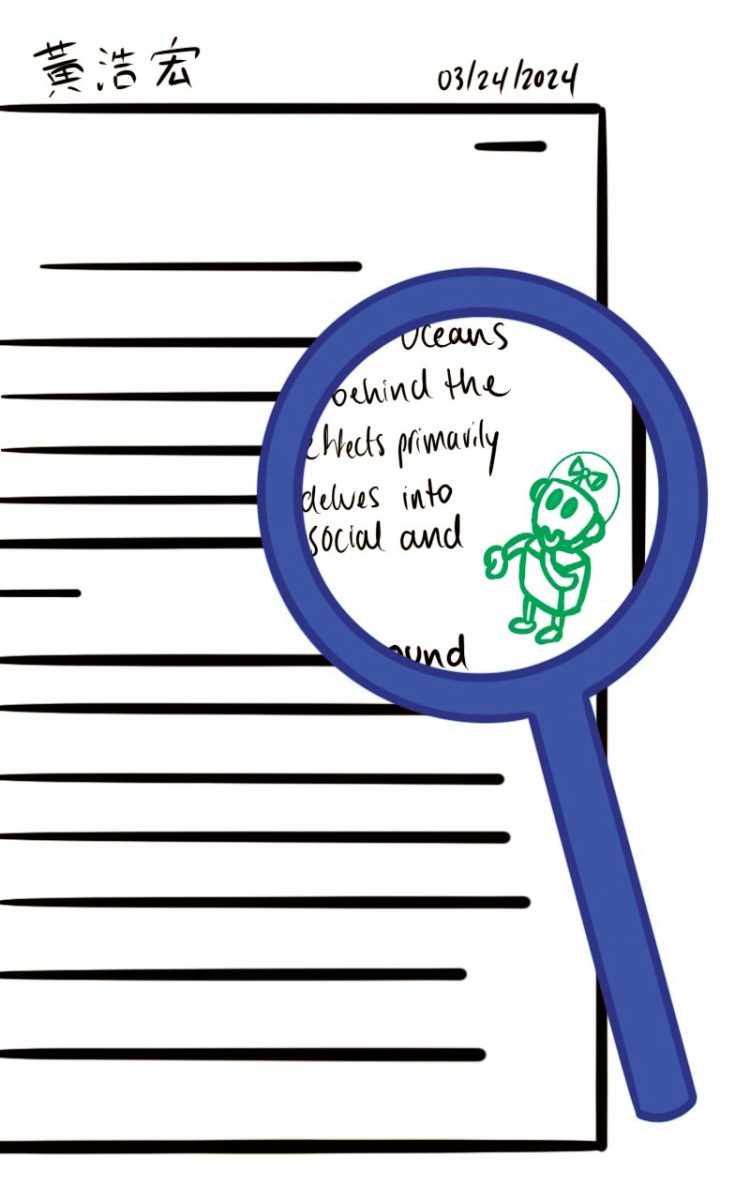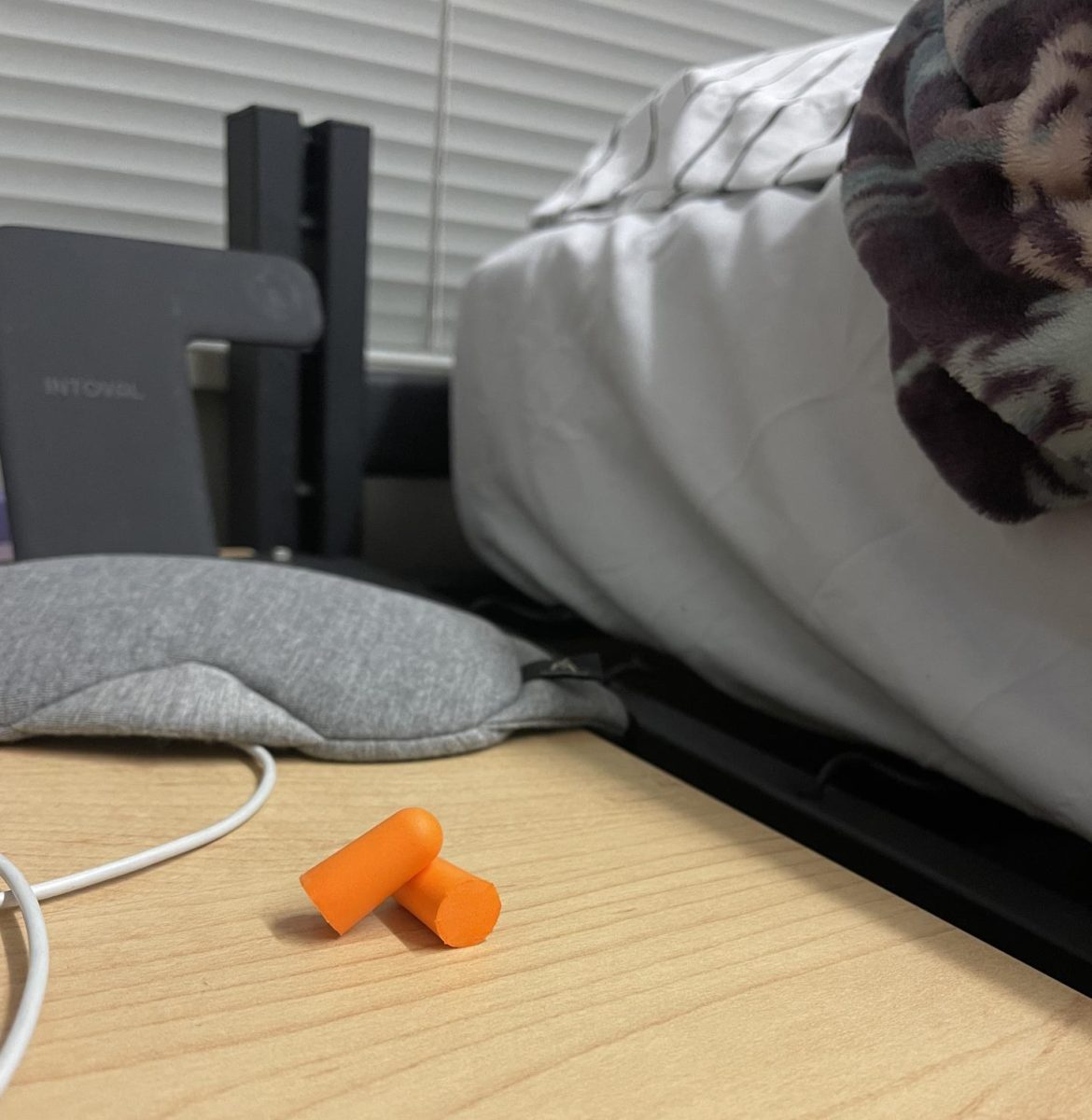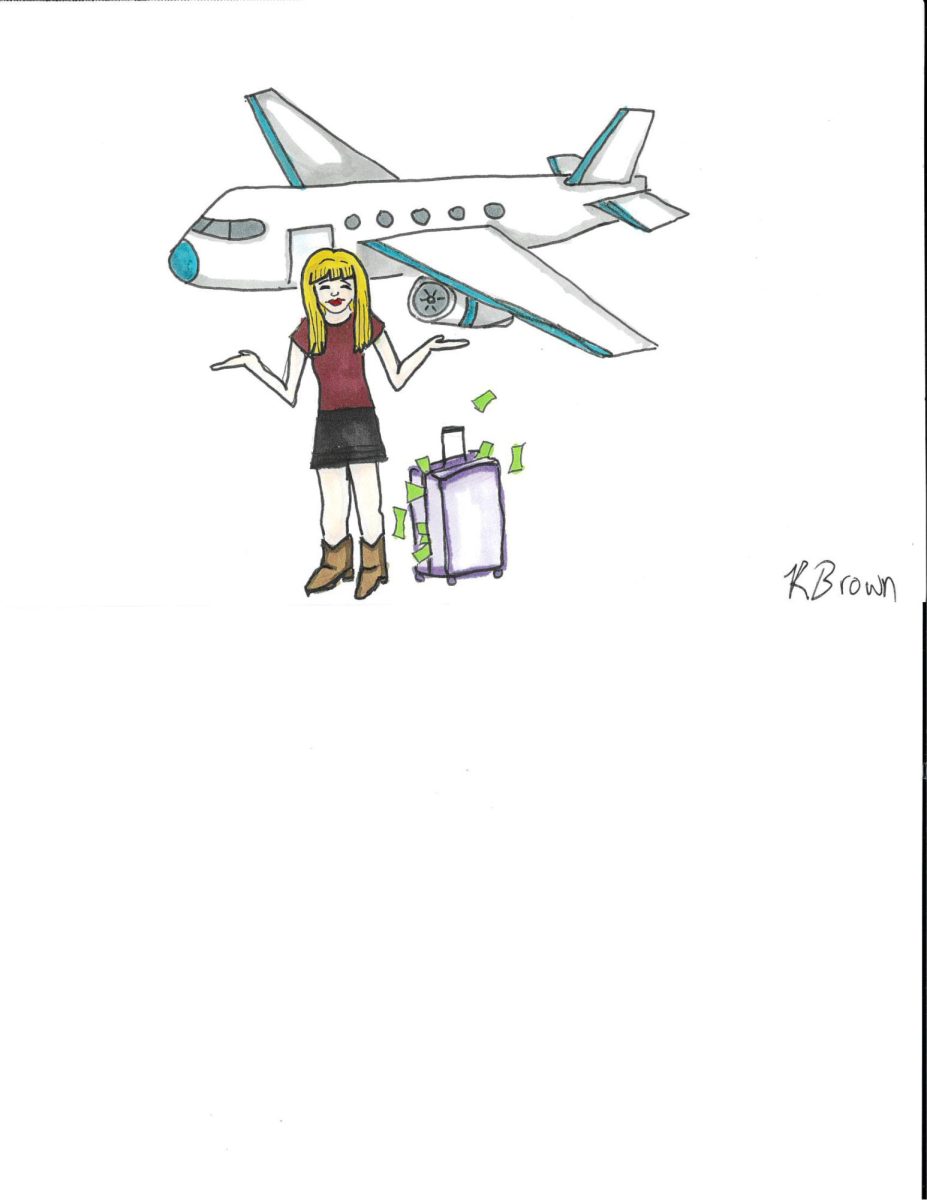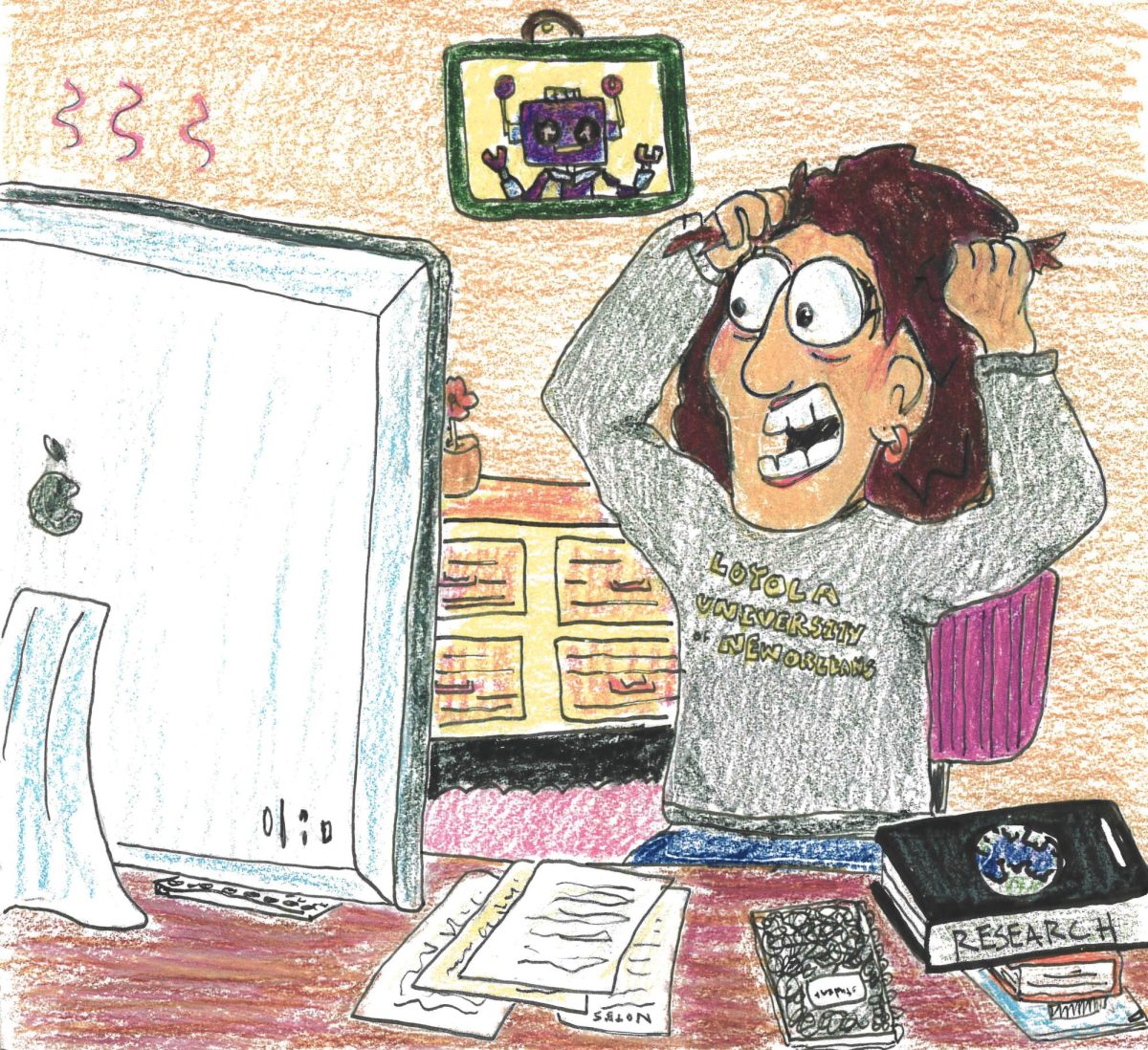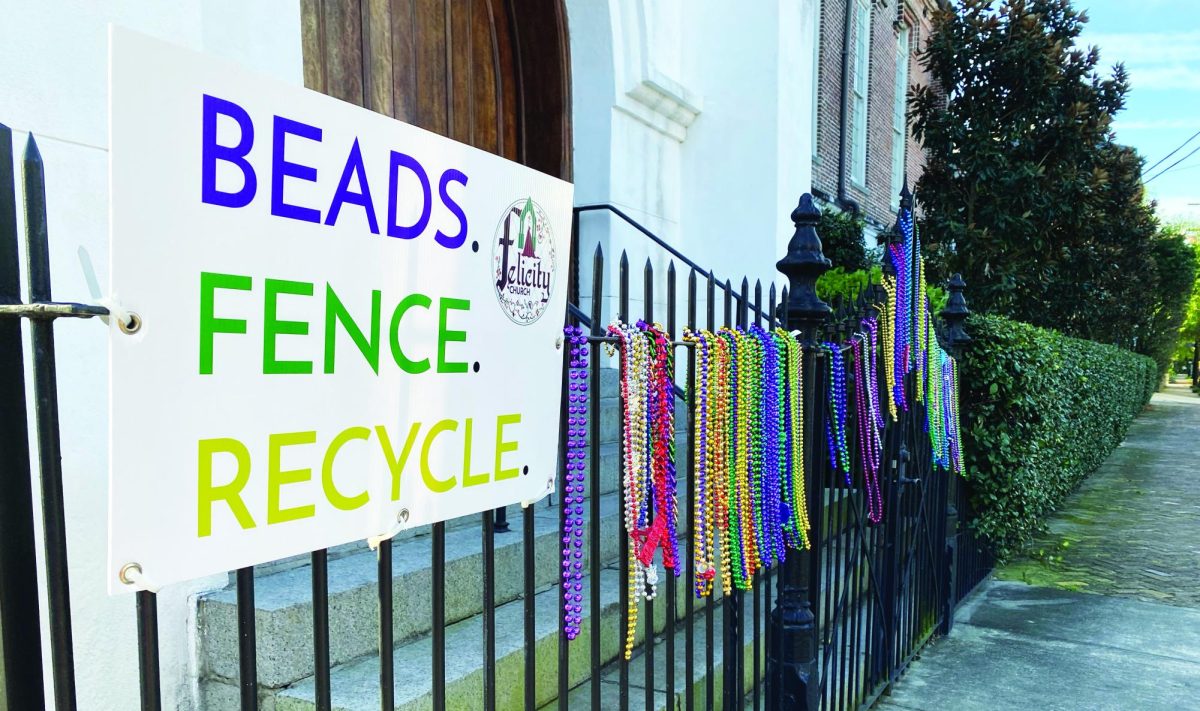Loyola offers a variety of programs for its students. Some are class-specific, like PackPort for freshmen, Sophomore Initiative events for sophomores, Spring Soiree for juniors, and 100th Night and Maroon and Gold for seniors. Others target the entire student body, like Third Fridays, Sneaux and various academic lectures. Such events have varying levels of popularity, but it seems there are too many events to have high attendance for such a small undergraduate cohort.
According to the May 2013 Report of the Student Success Summit, “The university is currently in a mode of over-programming. Programs often fight each other for student attendance and don’t always respond in a holistic way to student interests.”
For example, on Sept. 17 during the window, there were six events running simultaneously – and those were just the events listed on the school calendar.
Students may find it difficult to decide which events to attend because of the competing times and offerings. Loyola should spend money on events with high attendance, cut those with low attendance and encourage student organizations to work together in consolidating campus events.
Celebrations like 100th Night, Maroon and Gold, and Sneaux are successful because they are the result of good marketing, and they give students an experience many deem worth their time.
Sneaux gives the students a chance to partially experience an event that hardly ever happens in the southern U.S.: snow. 100th Night and Maroon and Gold use impending graduation – and free food and alcohol – as part of their marketing plans.
However, there are events at Loyola that offer free food and aren’t popular. For example, within the first few weeks or last few weeks of the semester, the English, philosophy and religious studies departments have had semester luncheons to meet the faculty who are teaching courses within that department’s curriculum, to preview core courses and to preview new courses offered. Many of these events take place during the same two-week period and around the same time – usually during the window.
Smart marketing involves getting the word out about events and putting the events at times convenient for students. Two weeks ago, Loyola Institute for Ministry professor Mike Cowan gave a speech entitled “For the Well-Being of the City: Crime, Justice and the Biblical Vision.” The speech was on Friday, Sept. 6, at 7 p.m.
Friday night is not an optimal time to schedule an event, because students go out on Friday nights or leave to use the weekend for travel.
Since so many events take place at Loyola in the middle of students’ classes, good marketing needs to start early – especially if the event is a non-traditional event, like Sneaux, or Maroon and Gold.
Events also need to further the mission of the organization that hosts them as well as the mission of Loyola. Free food may bring in people, but free food should not be the only factor that gets student attendance. Free food does not ensure that students stay for the event, read into the mission of the organization hosting the event or ensure that the student will come back to another event held by the organization.
Smarter programming will save Loyola money and keep students engaged. Student organization collaboration will promote student-body unity, make a smarter financial decision and help organizations get the recognition they seek.






